Wasp repellent plants are set to be your summer savior - here's everything you need to know
No, we didn't know wasp repellent plants are a thing either. Experts explain the best and most natural ways to create a sting-free summer
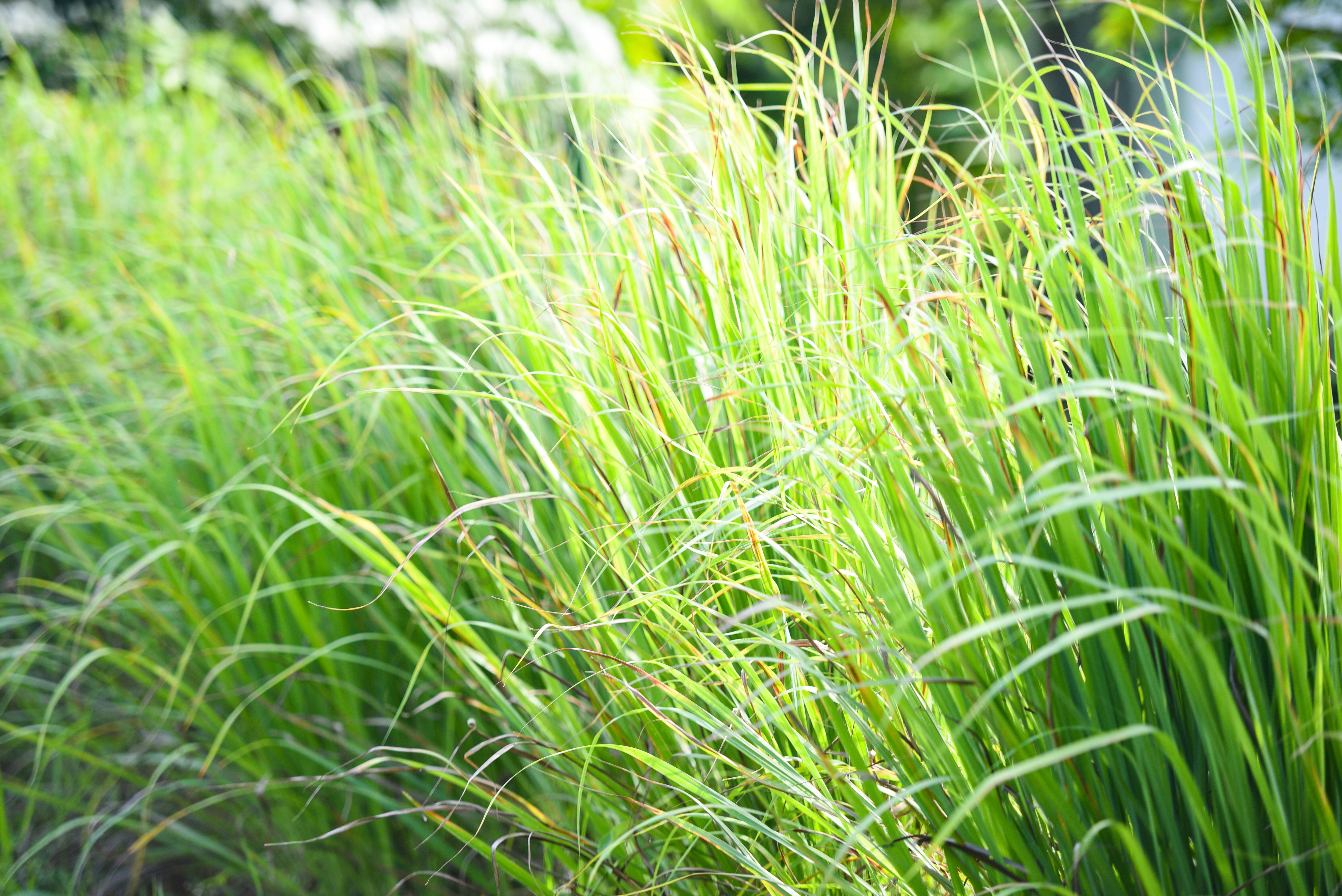
The joys of entertaining outside are part of the annual summer ritual that many of us look forward to. Yet we all know the drill, the minute the food arrives, so do the wasps. That's why wasp repellent plants are set to be your summer saviour.
If you can deter wasps with smells they don't like, they'll be less attracted to those they do, like the margherita or mojito being made in your garden bar. Even better if you can do this naturally, without spraying toxic chemicals.
'Wasps play an important role in our garden ecosystems, they are great pollinators and prey upon common garden pests such as aphids,' says Dr Emily Attlee, co-founder, Seedball. 'As such, avoiding toxic sprays or any other harmful means to keep them away is definitely best for your garden. However should you wish to deter them from specific areas, such as tables and barbecues, plying these areas with plants is a super alternative for deterring wasps.'
'Insecticides contain poisonous compounds and can result in problems, such as environmental contamination and the development of resistance in pest species,' says Hollie Newton, plant guru at Sproutl and author of How To Grow, a guide for gardeners who can't garden yet. 'They can also adversely affect other organisms besides insects, so it's always best to try and use natural deterrents.'
With the right kind of planting, wasps are more likely to simply stay away, meaning laid-back lunches and stress-free socialising. So what's best?
WASP REPELLENT PLANTS
1. GROW A HERB GARDEN
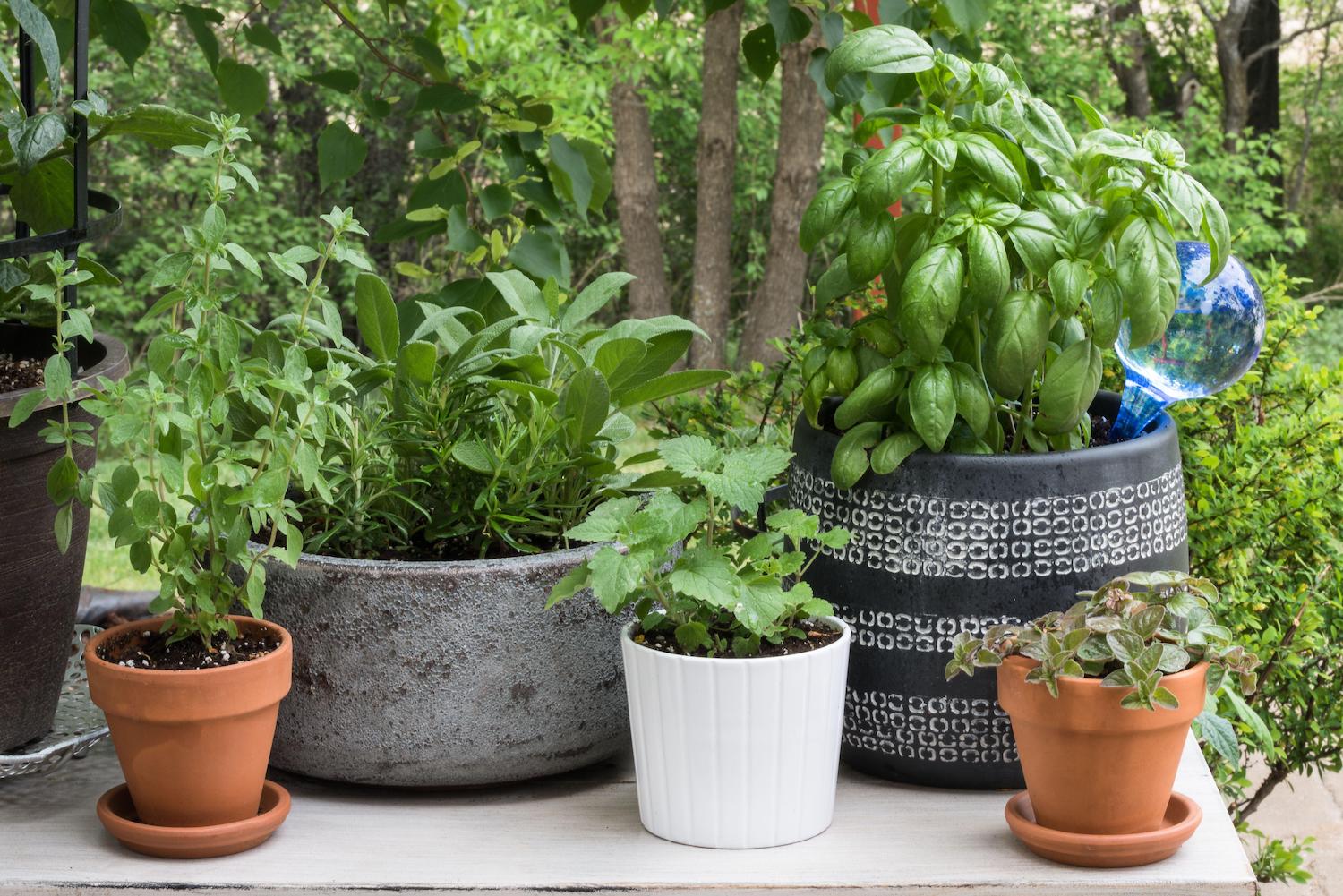
Not only will a herb garden improve the taste of your food and provide health-boosting benefits, certain herbs will deter wasps too.
'Wasps dislike strong smells,' says Hollie Newton of Sproutl. 'So try easy to grow herbs like peppermint, spearmint, basil, and thyme. Lemongrass will also deter wasps. Citronella, an evergreen perennial herb, is also renowned for its insect-repelling abilities.'
Be The First To Know
The Livingetc newsletters are your inside source for what’s shaping interiors now - and what’s next. Discover trend forecasts, smart style ideas, and curated shopping inspiration that brings design to life. Subscribe today and stay ahead of the curve.
Grow them near your outdoor kitchen or pizza oven and you'll have fresh herbs at the ready when you're cooking on the grill too.
2. ADD EUCALYPTUS TO YOUR PLANTING
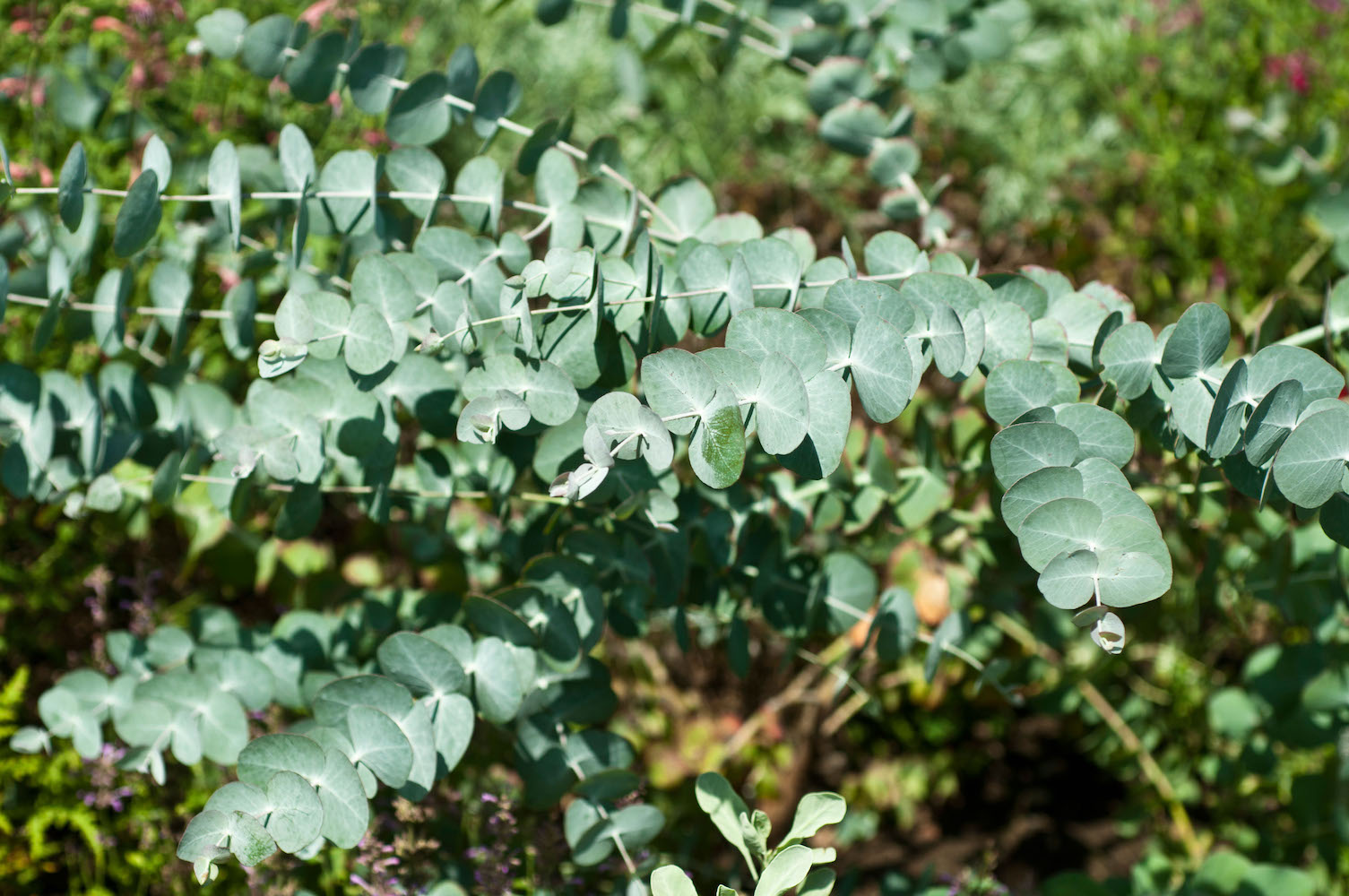
Many of us love the beauty and fragrance of eucalyptus in a bouquet of flowers. If we know how to care for dried eucalyptus it will continue to look lovely and scent our homes. But its botanical properties are wide-ranging.
As well as being distilled into essential oils for healing purposes, its heady scent can keep your garden and home pest-free too.
'We may love the blue-green eucalyptus for its fragrant leaves, but it is also disliked by wasps,' says Hollie. 'So growing it in your garden will help keep them away.'
3. FILL YOUR POTS AND BEDS WITH THESE FLOWERS
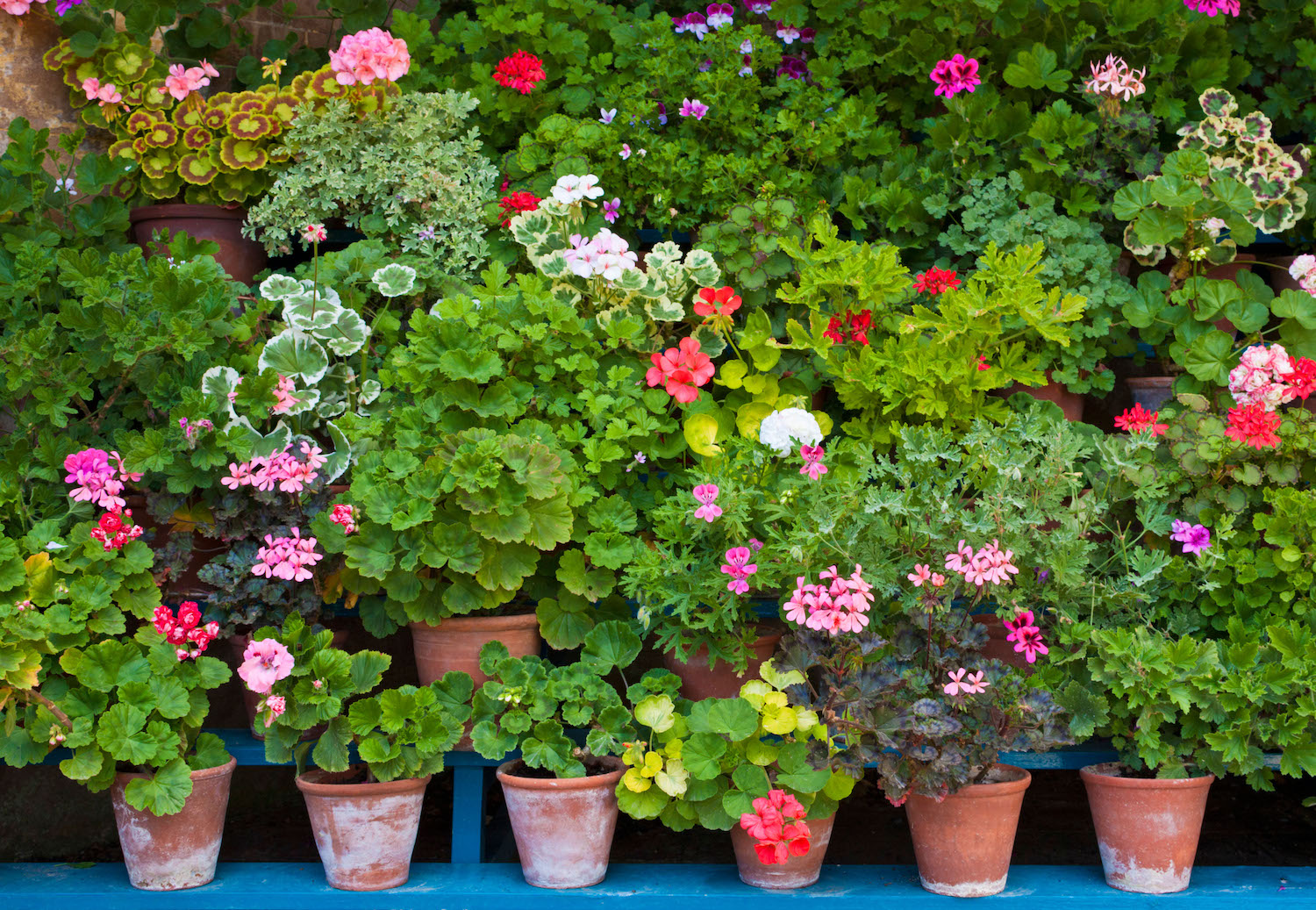
Filling your flower beds or pots with certain types of plants will attract pollinators such as butterflies and deter pests like wasps.
'For a deterrent that doubles as a beautiful floral display, plant perennials like sun-loving Geraniums. They come in pink, purple, lilac, red, pink, and white, so they look gorgeous,' says Hollie.
'Similarly, perennials like Marigolds which come in various shades, ranging from yellow and gold to orange, red, and mahogany, are also hated by wasps, and make a pretty display.'
WHAT SMELLS WILL KEEP WASPS AWAY?
Pungent smells will keep wasps away such as strongly scented herbs and certain flowers. According to plant expert, Hollie Newton at Sproutl, Peppermint, Basil, Thyme, Lemongrass and Citronella are good. As well as Eucalyptus, Geraniums and Marigolds.
WHAT DO WASPS HATE?
Wasps dislike all of the scents previously mentioned (Peppermint, Basil, Thyme, Eucalyptus, Citronella). If you want to keep them out of your home, as well as your garden, use the essential oils in a diffuser inside. As well as cultivating a herb garden and flowers beds filled with Geraniums and Marigolds.
Jacky Parker is a London-based freelance journalist and content creator, specialising in interiors, travel and food. From buying guides and real home case studies to shopping and news pages, she produces a wide range of features for national magazines and SEO content for websites
A long-time contributor to Livingetc, as a member of the team, she regularly reports on the latest trends, speaking to experts and discovering the latest tips. Jacky has also written for other publications such as Homes and Gardens, Ideal Home, Red, Grand Designs, Sunday Times Style and AD, Country Homes and Interiors and ELLE Decoration.
-
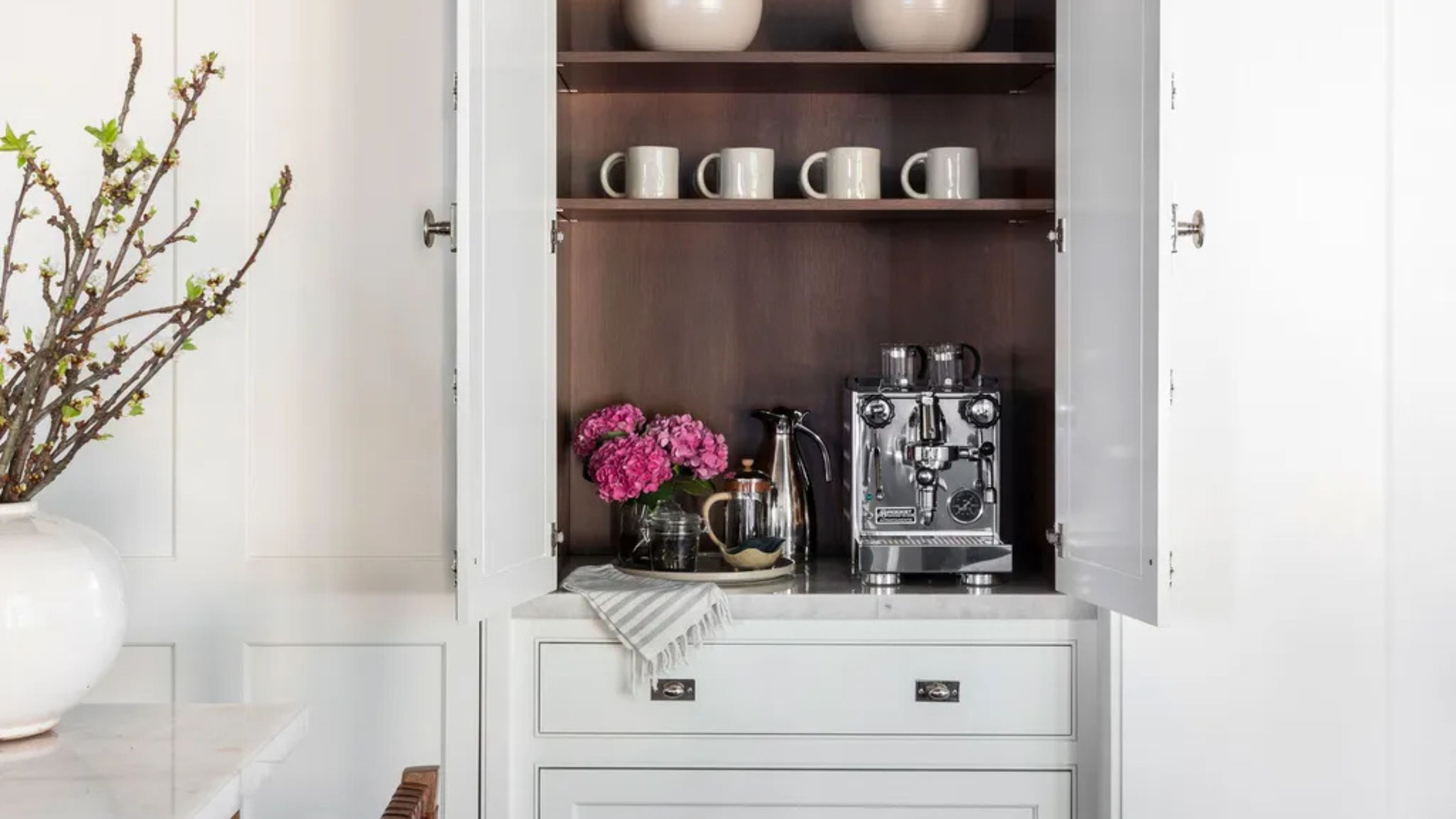 Turns Out the Coolest New Café is Actually In Your Kitchen — Here's How to Steal the Style of TikTok's Latest Trend
Turns Out the Coolest New Café is Actually In Your Kitchen — Here's How to Steal the Style of TikTok's Latest TrendGoodbye, over-priced lattes. Hello, home-brewed coffee with friends. TikTok's 'Home Cafe' trend brings stylish cafe culture into the comfort of your own home
By Devin Toolen Published
-
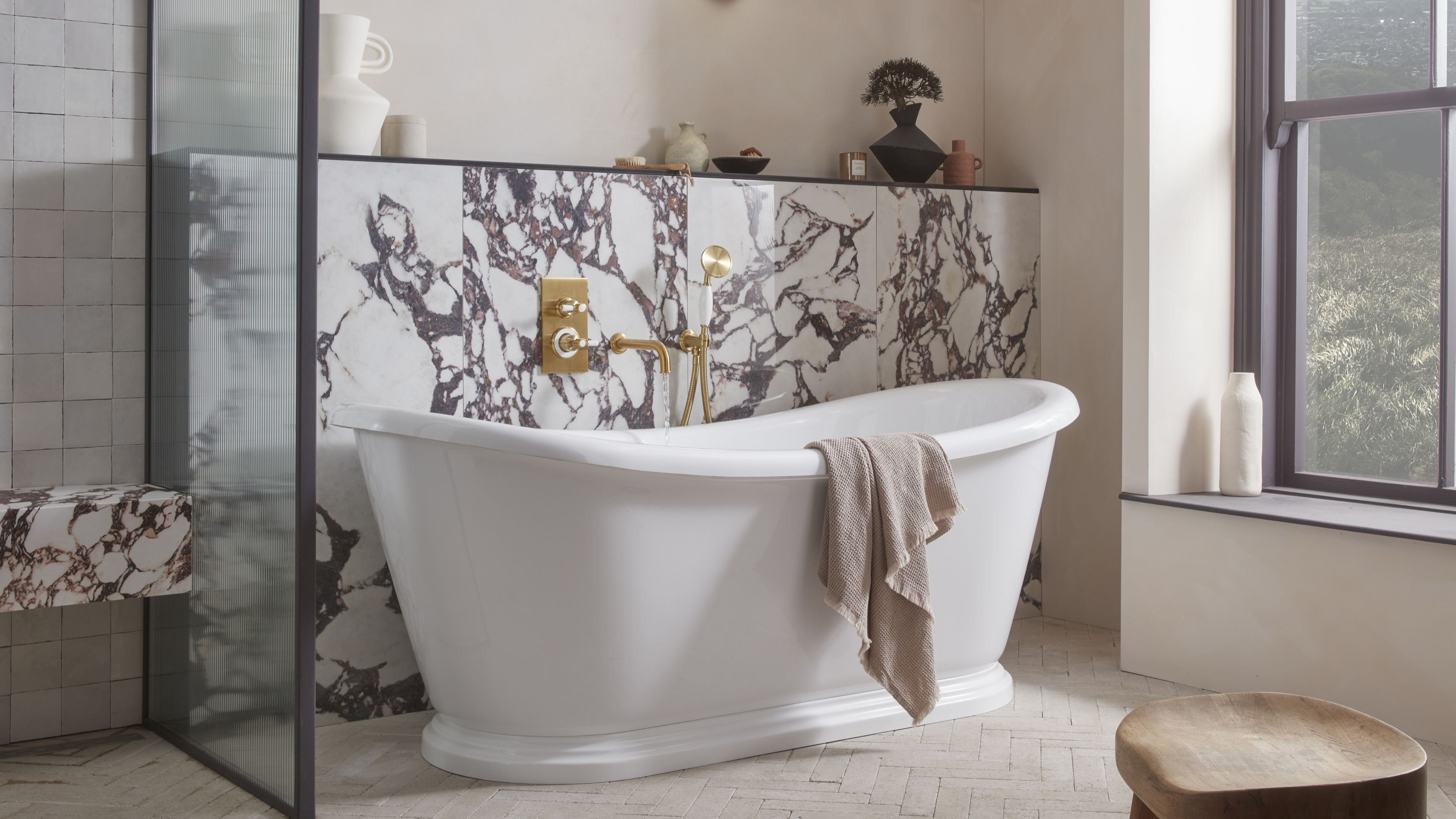 5 Bathroom Layouts That Look Dated in 2025 — Plus the Alternatives Designers Use Instead for a More Contemporary Space
5 Bathroom Layouts That Look Dated in 2025 — Plus the Alternatives Designers Use Instead for a More Contemporary SpaceFor a bathroom that feels in line with the times, avoid these layouts and be more intentional with the placement and positioning of your features and fixtures
By Lilith Hudson Published